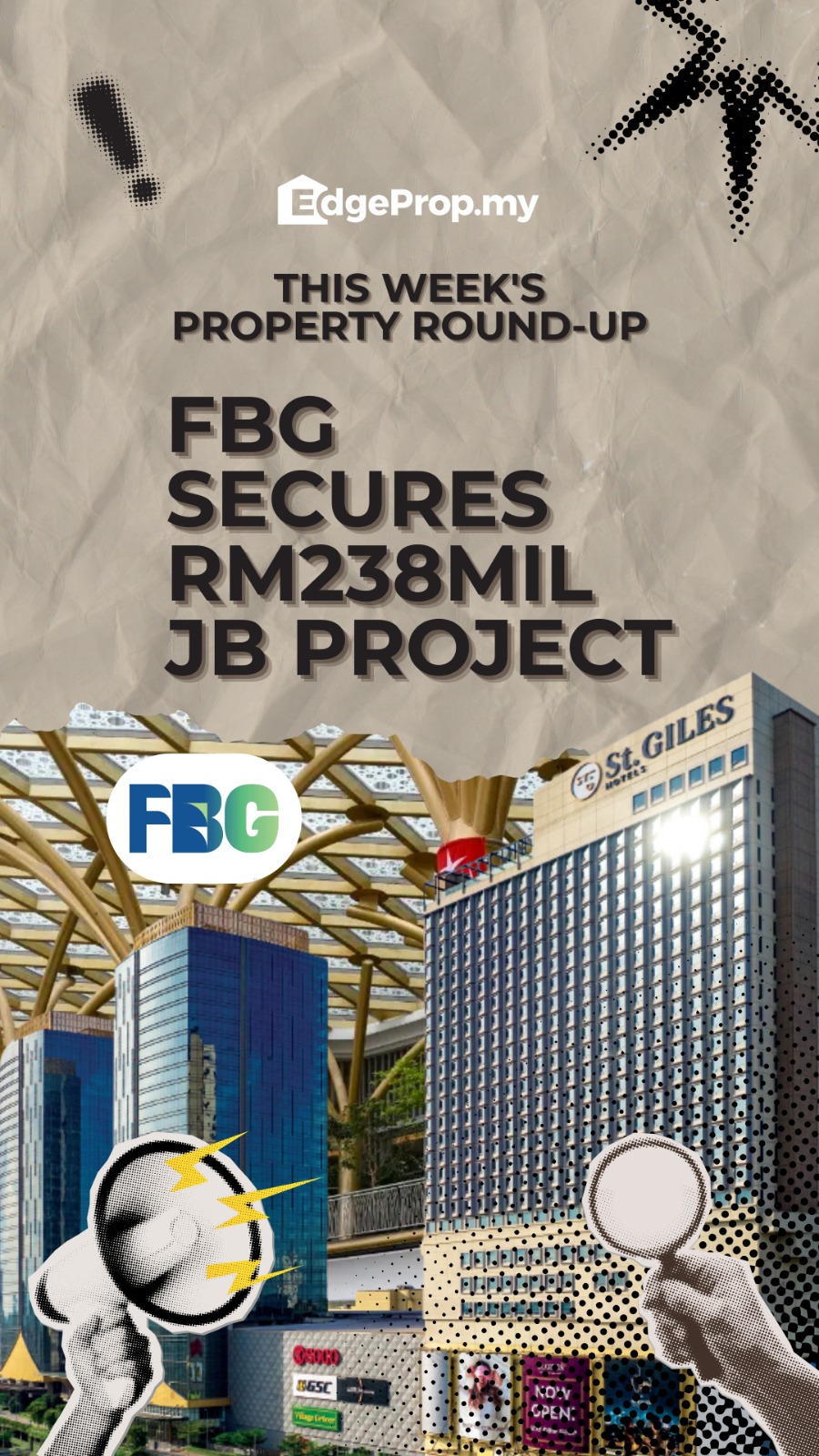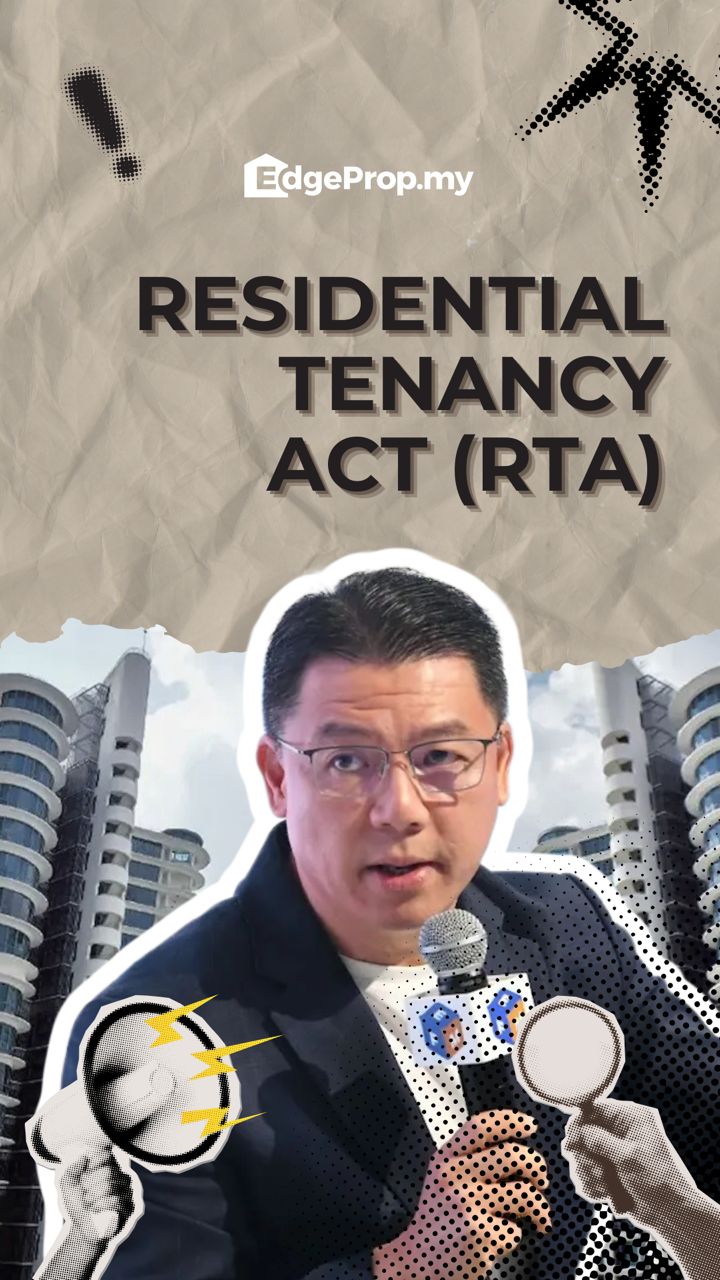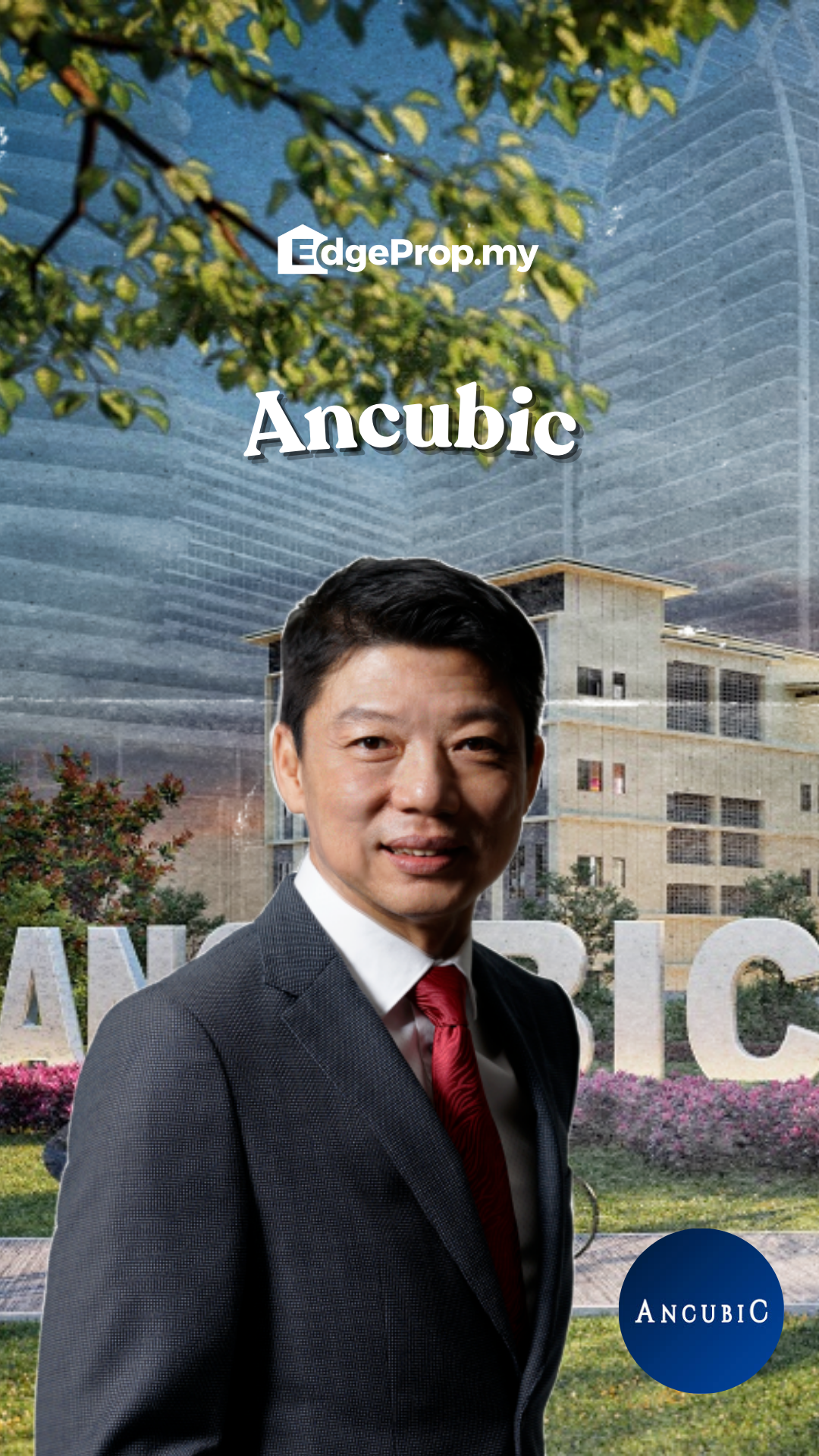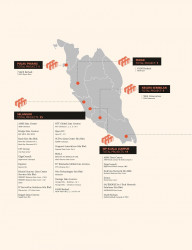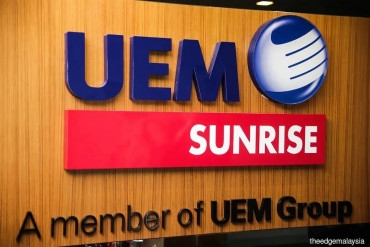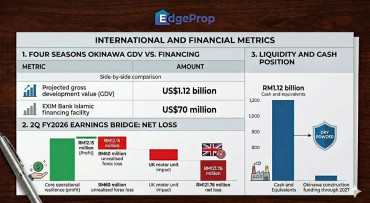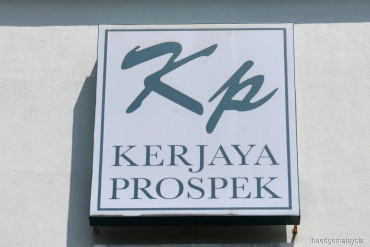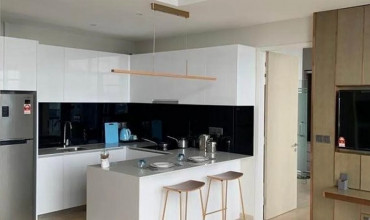ADVERTISEMENT
All Property News
Stay updated with the latest real estate and finance news, including property market trends, housing insights, and valuable information.

Chin Hin 4Q net profit up 5% to RM38 mil on turnaround in property business
1 hour ago

Berjaya Property’s ultra-luxury gambit
2 hours ago

IJM Land launches RM92.9 mil Sutera Phase 2 at S2 Heights Aman
3 hours ago

Kerjaya Prospek eyes industrial park expansion, land bank growth
4 hours ago

Kerjaya Prospek sees 53% earnings jump in 4Q, declares 3.5 sen dividend
4 hours ago

Heng Guan Development secures five anchor tenants for Aera Business Centre in Sungai Petani
4 hours ago

Legally Speaking
Govt seeks to forfeit funds in Ilham Tower, individual accounts linked to Daim case

Guide to Homebuying
Find the best location for your home

Legally Speaking
KL High Court rules developer’s ‘contra arrangements’ with landowner invalid in K Residence condo case; Duta Yap’s son held personally liable
Trending narratives
Malaysia's Most
Loved Property App
The only property app you need. More than 200,000 sale/rent listings and daily property news.





![[Branded] The Residences IV, The Glades—final 2-storey waterfront resort-style bungalows with comprehensive conveniences](https://media.edgeprop.my/s3fs-public/styles/markoneeditorspick/public/tr_b3_entrancefoyer(1).jpg?TpL_ttjdYIp9ZNGwHTv4CIE73gaKe4Vk&itok=Yo-NojCt)
![[Branded] 6 signs you may be overpaying for a property (and how to avoid costly mistakes)](https://media.edgeprop.my/s3fs-public/styles/markoneeditorspick/public/malaysiaklaerialviewtheedgemarkets.jpg?wcF2nB8b.K1_MpIZRHZqFK8ARi9_l9f9&itok=loopOsxK)




.jpg?KpT57Dw7Y_UzSKH8HsHP9pRQ_peOr_KV)





